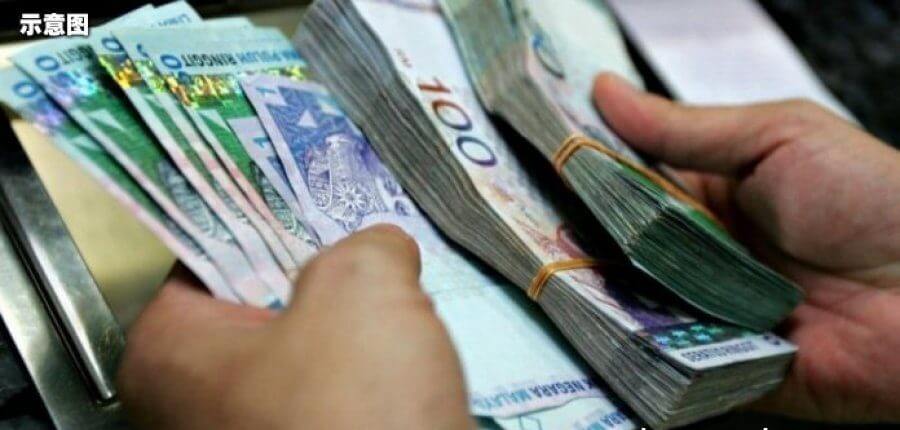The police revealed that the current method used by many money laundering criminal groups is to "bleach" illegal gains by opening restaurants, beverage shops or laundromats, while evading the pursuit of law enforcement officials.
Datuk Seri Ramli, director of the Bukit Aman Commercial Crime Investigation Department (JSJK), told Utusan Malaysia that this approach prevents proceeds from illegal activities from being traded through the banking system or financial companies, while also No records will be left.
He emphasized that transactions involving the two countries need to be regulated through payments and receipts from operating agencies in both countries.Therefore, these illegal gains can only be covered up and reinvested at home.
According to Utusan Malaysia, the police carried out a series of operations from June 2019 to June 6 to freeze assets derived from illegal activities involved in criminal groups.These assets include various assets such as vehicles and property, with a total value of up to RM2022 million.Among them, assets worth RM6 billion were frozen and assets worth RM9.5 billion were confiscated.The operations are part of police efforts to track criminal syndicates and combat money laundering and corruption.Through these measures, the police not only succeeded in freezing the assets of criminal groups, but also weakened their economic power, making it impossible for these criminal groups to continue their illegal activities.Police said the operations were part of the Malaysian government's anti-money laundering and anti-corruption operations aimed at protecting public interest and financial stability.At the same time, the police also called on the public to remain vigilant and actively cooperate with police actions to jointly maintain social security and stability.
All asset freezes relate to 739 cases involving money laundering, including fraud and criminal cases, investigated by the Royal Malaysian Police, as well as the XNUMXMalaysia Development Bhd investigation.
He added that a total of 70 people had been arrested during the current period.50 of them are men and 20 are women.In addition, police also took action under anti-money laundering criminal investigations (AMLA) and successfully prosecuted 49 cases.
He further explained that many criminals use cash transactions to launder money.Because many transactions using cash do not require receipts.
The businesses are then registered and profits and illicit funds are consolidated.The illegal funds are cleared from records after being declared to the Land Revenue Department (LHDN); the funds can eventually be used for bank loans to buy houses and cars.
He added that criminal groups will use various means to launder money, as long as it can achieve the purpose of integrating illegal funds into the financial system.To this point, there are three steps for criminal groups to convert illicit funds into “halal”, namely placement, layering and integration.
The first step is to invest the illegally obtained funds through legal channels.Criminal syndicates deposit funds into bank accounts in various locations in varying proportions.
After this, the criminal group will separate the funds raised from the original source and use shell companies without any assets or business to conduct multiple deposit operations through domestic and foreign banks.
The company would conduct false transactions in the form of normal business to attract cash inflows.These inflows can be used as “halal” funds to be circulated among multiple companies.These illicit funds are eventually integrated into the financial and economic system as if they came from legitimate sources.









